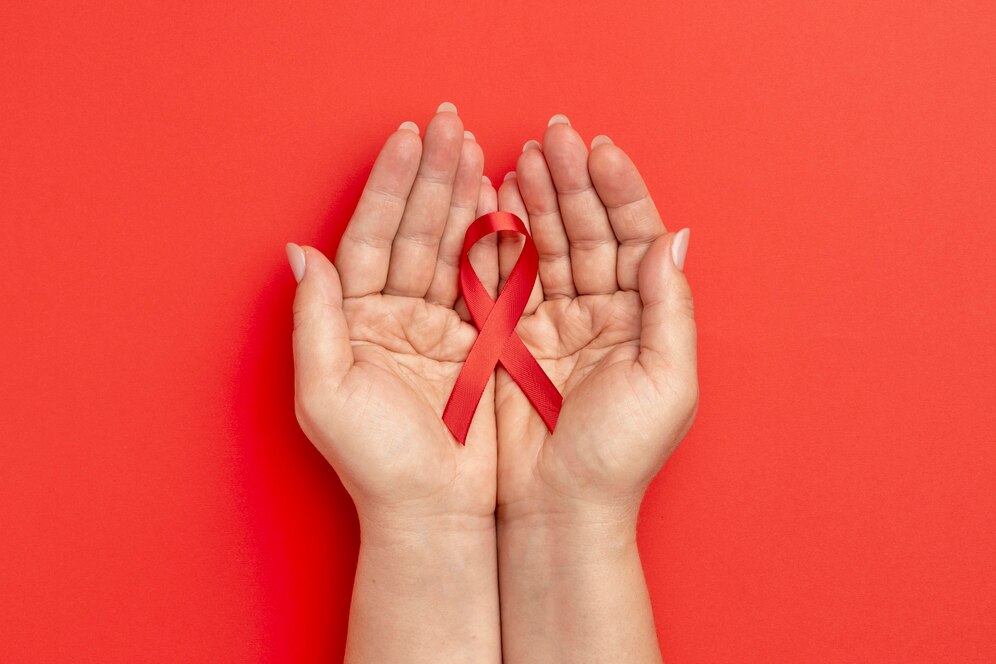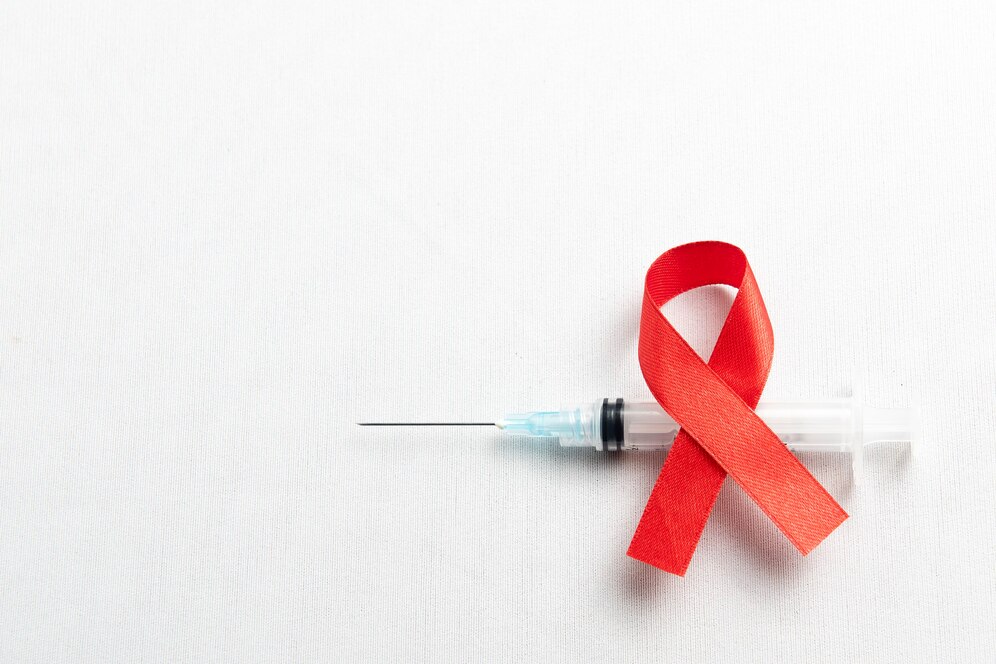Acquired Immunodeficiency Syndrome (AIDS) is a serious and incurable disease, the risk of which is increasing globally. This disease caused by human immunodeficiency virus (HIV) can be fatal. World AIDS Day is celebrated every year on December 1 to increase awareness about AIDS disease and make people aware of the prevention of this disease. AIDS is mainly a sexually transmitted disease, although some other reasons can cause it.

Reports show that there are many misconceptions among people around the world about AIDS disease and HIV infection. Therefore, you must have correct information about this disease. Let us understand in detail the risks of AIDS and its prevention.
What is AIDS disease?
As mentioned above, AIDS is a disease caused by infection with HIV. By damaging your immune system, the HIV virus significantly weakens the body's ability to fight infection and disease. Apart from sexually transmitted infections (STIs), these infections can spread to another person through transfusion of infected blood or injection of an infected person. There is a risk of it being transmitted from mother to child during pregnancy, delivery, or breastfeeding.
How to know whether you have HIV infection or AIDS?
A blood test is necessary to confirm HIV infection or AIDS. However, this disease can also be identified through some symptoms.
Some people infected with HIV develop a flu-like illness within 2 to 4 weeks of the virus entering the body. Apart from this, fever, headache, pain in muscles and joints, sore throat and mouth sores, and weight loss are also considered symptoms of this disease.
These symptoms can be so mild that people do not even pay attention to them initially. However, as the viral load in the blood increases over time, the risk of disease and symptoms becoming severe may increase.
Who is at risk of AIDS?
You can also contract HIV if you have unprotected sex, especially with someone who already has the infection. Apart from this, sharing infected injections (needles and syringes), and taking blood from an infected person can also put you at risk of getting infected.

This infection can also be transmitted from an infected mother to her child during pregnancy or delivery or breastfeeding. However, efforts are made to reduce this risk by doing HIV tests during pregnancy.
Prevention of HIV infection
There is no vaccine to prevent HIV infection, although some medical reports mention trials of treatment for HIV/AIDS, AIDS is still considered an incurable disease. Prevention of HIV infection is important.
This infection does not spread by shaking hands, droplets coming out from sneezing and coughing of an infected person, or eating food with an infected person, hence do not discriminate against such people. Protect yourself from this infectious disease and inspire others to protect themselves.
(PC: Freepik)










